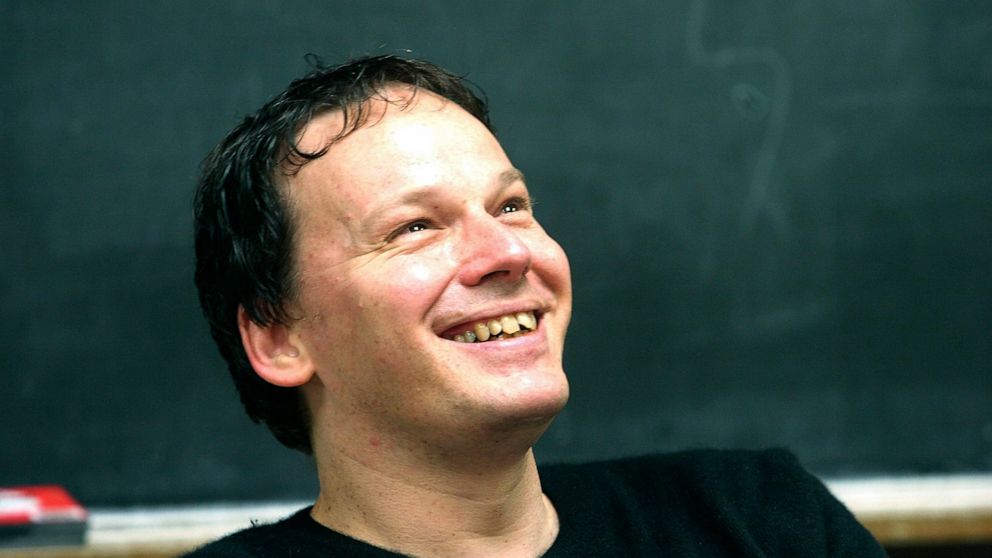https://davidgraeber.org/articles/hope-in-common/
Hope in Common
#DAVIDGRAEBER
..."Hopelessness isn’t natural. It needs to be produced.... a vast apparatus of armies, prisons, police, various forms of private security firms and police and military intelligence apparatus, propaganda engines of every conceivable variety, most of which do not attack #alternatives directly so much as they create a pervasive climate of #fear, jingoistic conformity, and simple despair that renders any thought of changing the world seem an idle fantasy. Maintaining this apparatus seems even more important, to exponents of the “free market,” even than maintaining any sort of viable #market #economy. How else can one explain, for instance, what happened in the former Soviet Union, where one would have imagined the end of the Cold War would have led to the dismantling of the army and KGB and rebuilding the factories, but in fact what happened was precisely the other way around? This is just one extreme example of what has been happening everywhere. Economically, this apparatus is pure dead weight; all the guns, surveillance cameras, and #propaganda engines are extraordinarily expensive and really produce nothing, and as a result, it’s dragging the entire #capitalist system down with it, and possibly, the earth itself.
...
our perceptions having been twisted into knots by decades of relentless propaganda, we are no longer able to see them. Consider here the term “communism.” Rarely has a term come to be so utterly reviled. The standard line, which we accept more or less unthinkingly, is that communism means state control of the economy, and this is an impossible utopian dream because history has shown it simply “doesn’t work.” Capitalism, however unpleasant, is thus the only remaining option. But in fact communism really just means any situation where people act according to the principle of “from each according to their abilities, to each according to their needs” — which is the way pretty much everyone always act if they are working together to get something done. If two people are fixing a pipe and one says “hand me the wrench,” the other doesn’t say, “and what do I get for it?”(That is, if they actually want it to be fixed.) This is true even if they happen to be employed by Bechtel or Citigroup. They apply principles of communism because it’s the only thing that really works. This is also the reason whole cities or countries revert to some form of rough-and-ready communism in the wake of natural disasters, or economic collapse (one might say, in those circumstances, markets and hierarchical chains of command are luxuries they can’t afford.) The more creativity is required, the more people have to improvise at a given task, the more egalitarian the resulting form of communism is likely to be: that’s why even Republican computer engineers, when trying to innovate new software ideas, tend to form small democratic collectives. It’s only when work becomes standardized and boring — as on production lines — that it becomes possible to impose more authoritarian, even fascistic forms of communism. But the fact is that even private companies are, internally, organized communistically.
Communism then is already here. The question is how to further democratize it. Capitalism, in turn, is just one possible way of managing communism — and, it has become increasingly clear, rather a disastrous one. Clearly we need to be thinking about a better one: preferably, one that does not quite so systematically set us all at each others’ throats.
...
at the very least we can start with a pledge against #evictions: to pledge, #neighborhood by neighborhood, to support each other if any of us are to be driven from our homes. The power is not just that to challenge regimes of debt is to challenge the very fiber of #capitalism — its moral foundation — now revealed to be a collection of broken promises — but in doing so, to create a new one. A debt after all is only that: a promise, and the present world abounds with promises that have not been kept. ... the promise offered by capitalism — that we could live like kings if we were willing to buy stock in our own collective subordination. All of this has come crashing down. What remains is what we are able to promise one another. Directly.
Without the mediation of economic and political bureaucracies. The revolution begins by asking: what sort of promises do free men and women make to one another, and how, by making them, do we begin to make another world?"...





